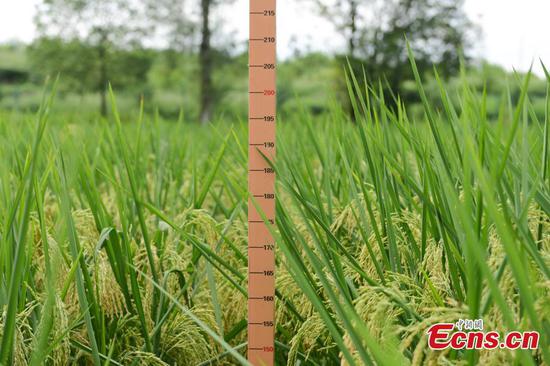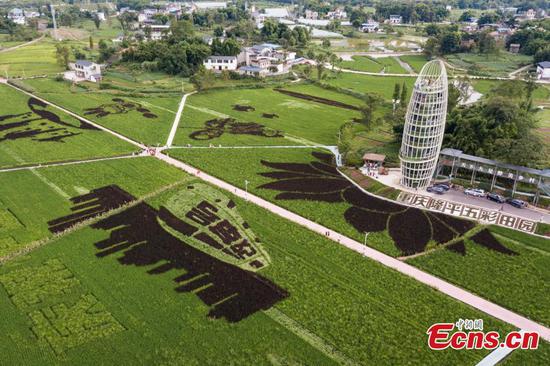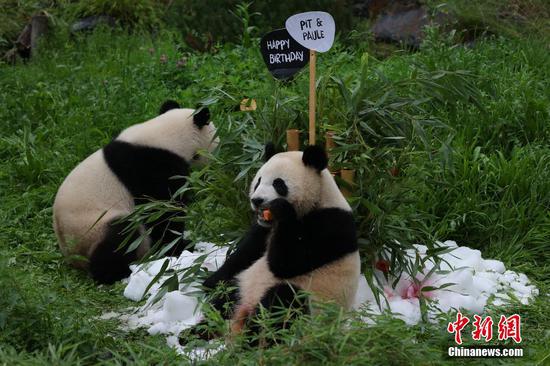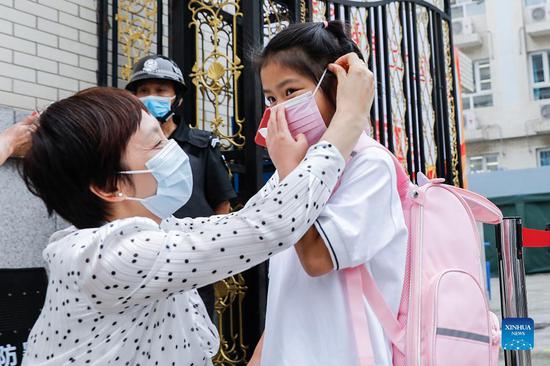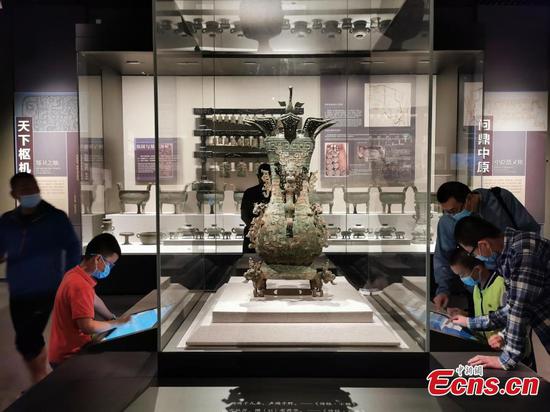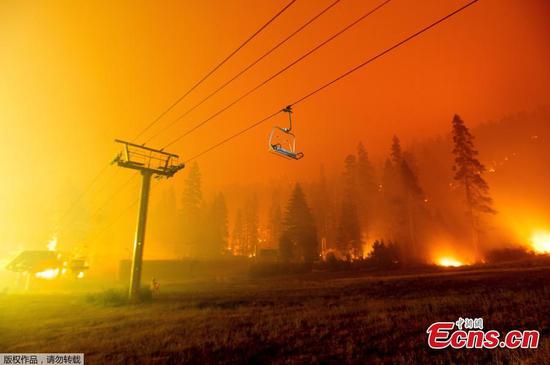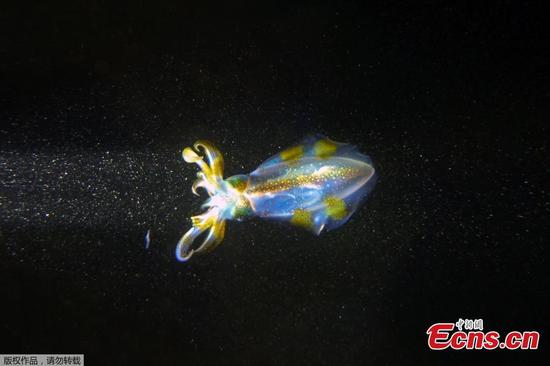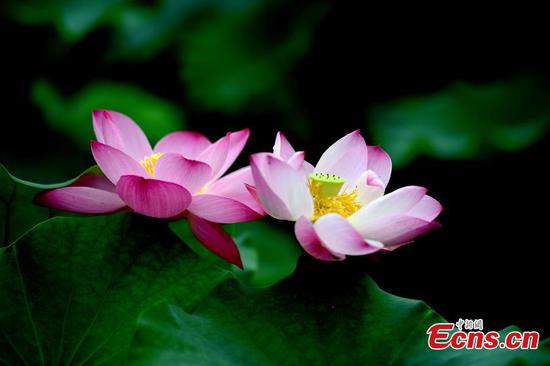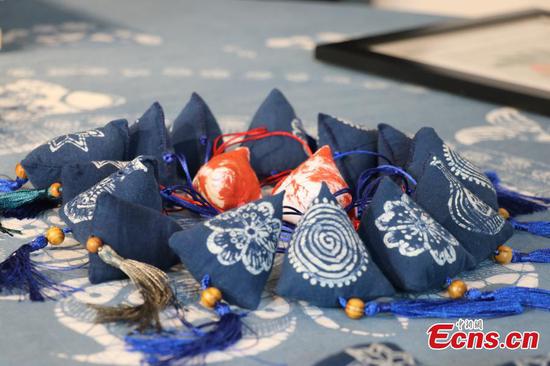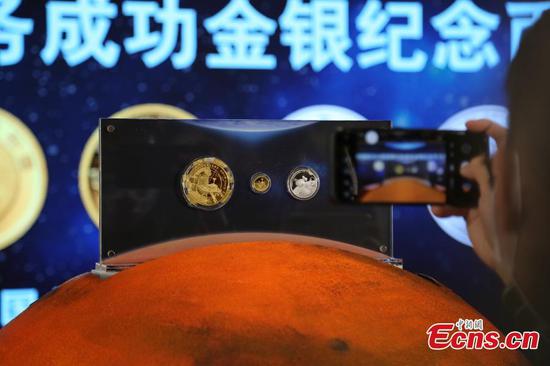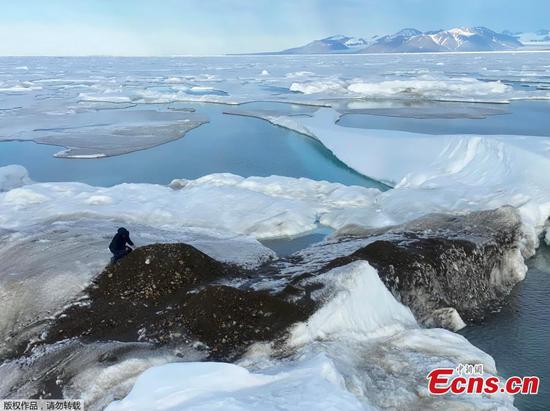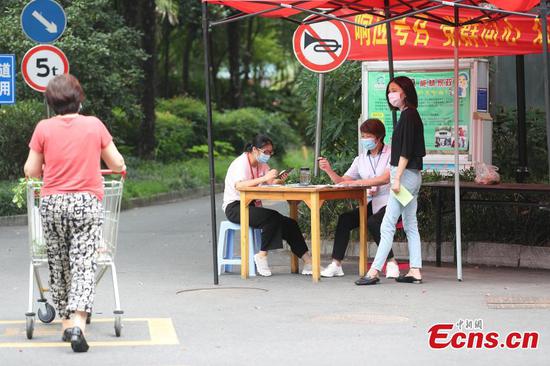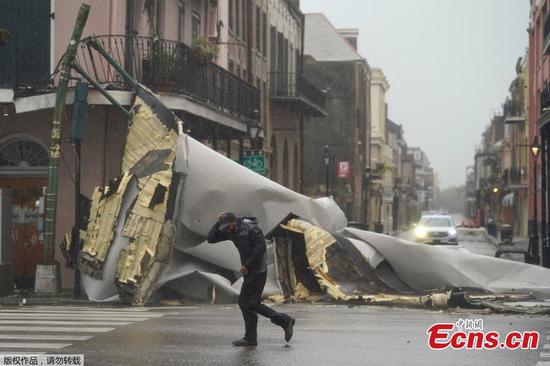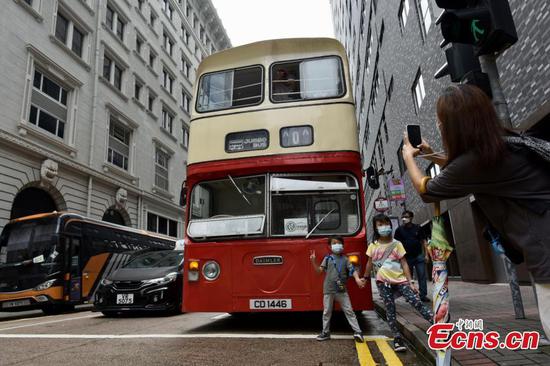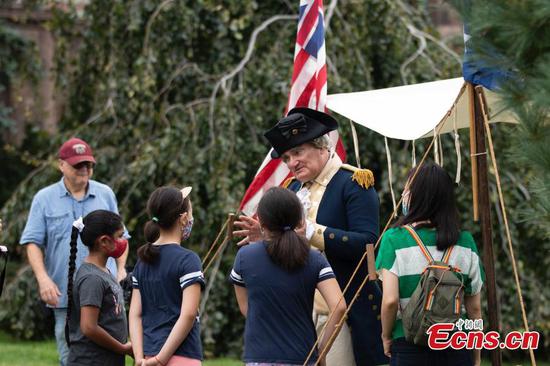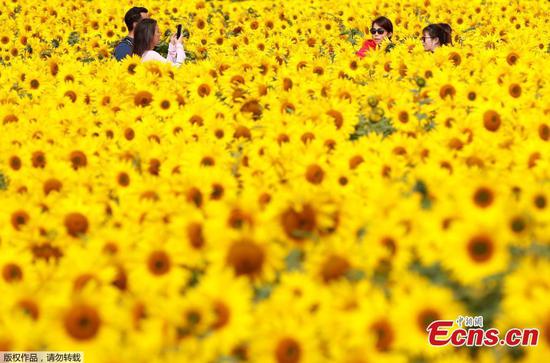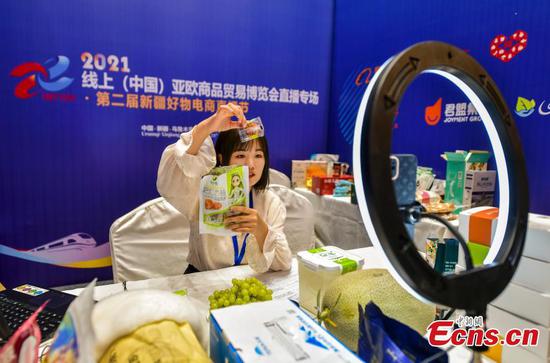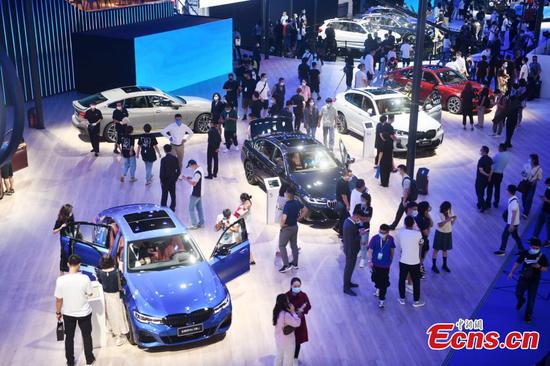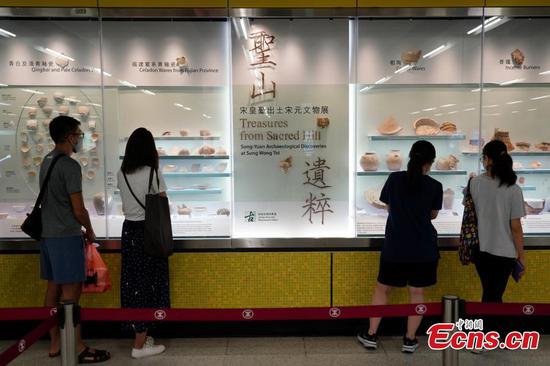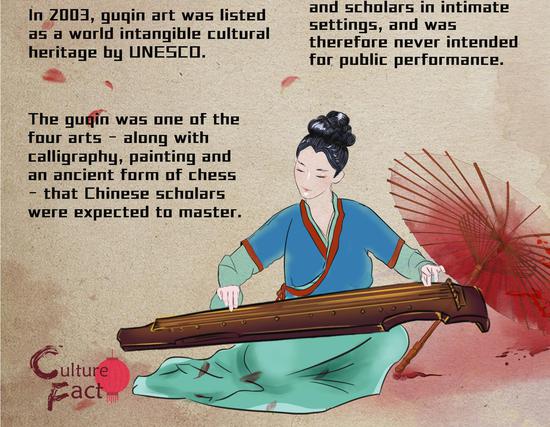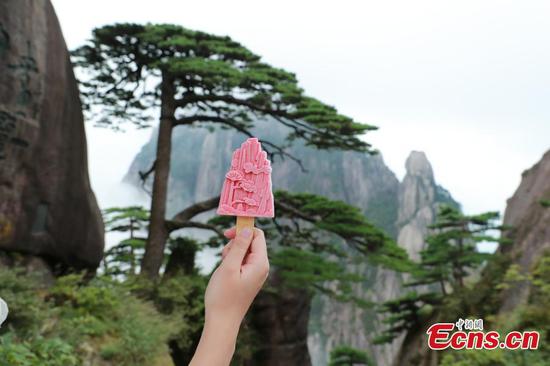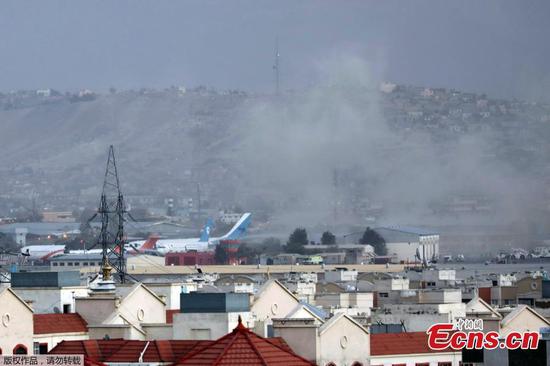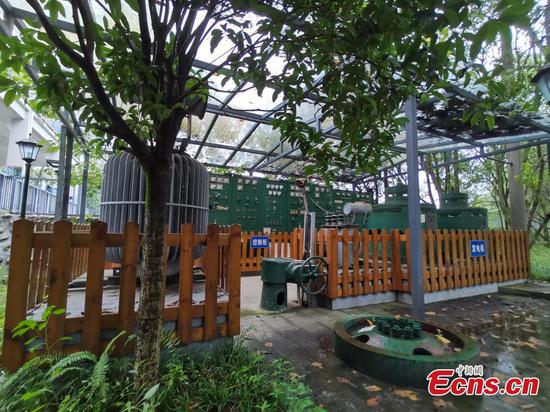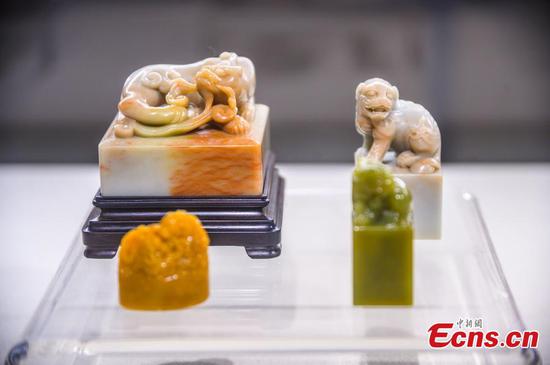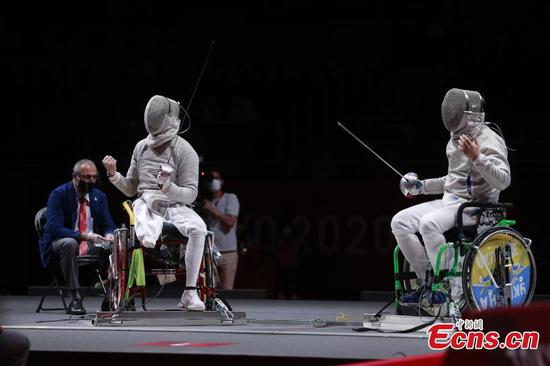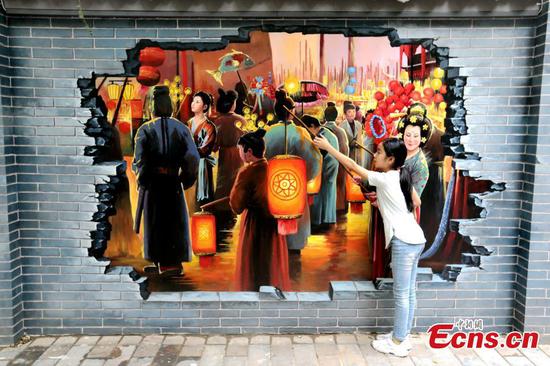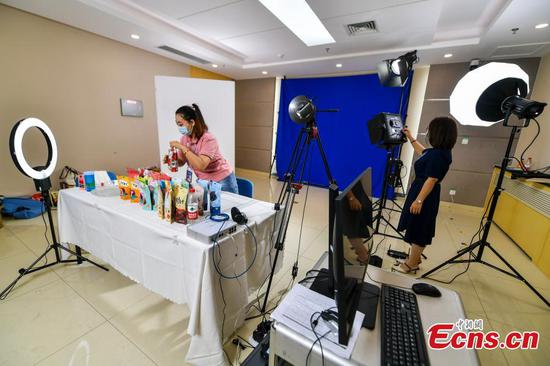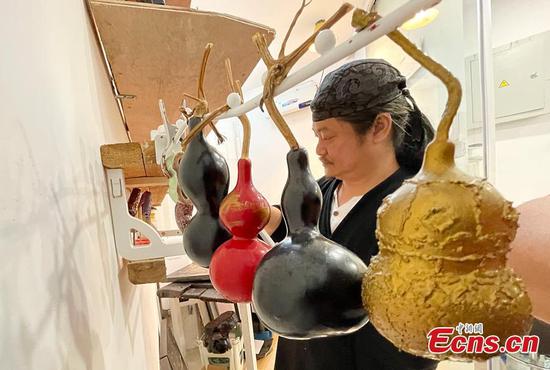It would be absurd and dangerous to apply the "Cold War playbook" to today's China-U.S. relations, and to take China as its rival and imaginary enemy, just like when Don Quixote tilted at windmills, Chinese Ambassador to the United States Qin Gang said on Tuesday.
"Now the China-U.S. relationship has come to another historical juncture, and it faces a very severe situation," said Qin in his keynote speech at the Welcome Event by the National Committee on U.S.-China Relations (NCUSCR) Board of Directors.
As two major countries with different political systems, cultures and development stages, China and the United States must find a way to get along in peace based on mutual respect, he said.
"The extreme China policy of the previous U.S. administration has caused serious damage to our relations, and such a situation has not changed. It is even continuing. It goes against the fundamental interests of Chinese and American people and the wishes of the international community," he said.
Noting this year marks the 50th anniversary of Dr. Henry Kissinger's secret visit to China and Ping-Pong Diplomacy, Qin said, "Some people are trying to deny the achievements of China-U.S. ties in the past 50 years and redefine our relations by strategic competition. They assert that the era of engagement and cooperation is over, and it must be replaced by competition and confrontation."
"There is a long way to go to improve and develop China-U.S. relations. The historical mission of upholding and promoting our relationship in the new era has come to us," he said.
Serving as Chinese Ambassador to the United States at this time, Qin said he will enhance communication and dialogue with various sectors of the United States, act as a bridge and bond between the two countries, and work to build a more rational, stable, manageable and constructive China-U.S. relationship.
"I look forward to working together with the National Committee towards this goal," he said while expressing his appreciation for the important and positive role NCUSCR has played for China-U.S. relations over its 55 years of history.
"Fifty years ago, at the height of the Cold War, the elder generation of Chinese and American leaders showed great strategic wisdom, vision and courage. They went beyond ideological differences and reopened the door of China-U.S. relations," Qin said.
"Over the past five decades, China and the United States have put down past grudges. Our interests have been closely entwined, and people-to-people exchanges have deepened. All this has delivered huge benefits to the two peoples," he said.
The growth of China-U.S. relations has changed the international strategic landscape, accelerated the end of the Cold War, advanced globalization, brought unprecedented opportunities to the Asia-Pacific, and greatly promoted world peace and prosperity, said the ambassador.
"In the age of estrangement and confrontation, we had to rely on the small ping-pong ball to move the 'big ball' of China-U.S. relations. But now, many 'small balls' are moving around this 'big ball,'" he said.
Members of the NCUSCR Board of Directors extended warm welcome to the ambassador and said the Committee will continue to work to enhance mutual understanding, mutual trust and cooperation between China and the United States, so as to promote the development of constructive relations between the two countries.
Present at the NCUSCR event were former U.S. Secretary of State Henry Kissinger, Chairman of the Board of Directors and former Treasury Secretary Jacob Lew, Honorary Chairman of the Board of Directors and former Trade Representative Carla Hills and President Of the Committee Stephen Orlins.








